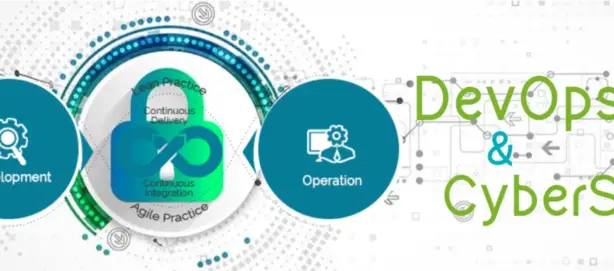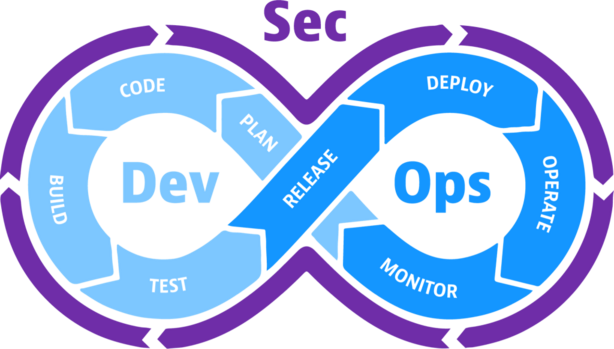Upgrade & Secure Your Future with DevOps, SRE, DevSecOps, MLOps!
We spend hours on Instagram and YouTube and waste money on coffee and fast food, but won’t spend 30 minutes a day learning skills to boost our careers.
Master in DevOps, SRE, DevSecOps & MLOps!
Learn from Guru Rajesh Kumar and double your salary in just one year.

In today’s rapidly evolving digital landscape, integrating cybersecurity into every phase of software development is crucial. DevOps, which combines development and operations, has transformed software delivery by enhancing speed and collaboration. However, the traditional DevOps approach often overlooks security, leading to the emergence of DevSecOps—a methodology that embeds security practices within the DevOps process.This integration ensures that security is a shared responsibility, enhancing the overall security posture of organizations.

Understanding DevSecOps
DevSecOps extends the principles of DevOps by incorporating security measures throughout the software development lifecycle. Instead of treating security as an isolated phase, DevSecOps integrates it into continuous integration and continuous delivery (CI/CD) pipelines, promoting a culture where security is everyone’s responsibility. This proactive approach helps in identifying and mitigating vulnerabilities early in the development process, reducing risks and enhancing compliance.
Benefits of Integrating DevOps and Cybersecurity
- Early Detection of Vulnerabilities: By embedding security into the development process, teams can identify and address vulnerabilities during the early stages, reducing the likelihood of security breaches.
- Accelerated Software Delivery: Integrating security measures into DevOps workflows streamlines processes, allowing for faster and more secure software releases.
- Improved Collaboration: DevSecOps fosters collaboration among development, operations, and security teams, breaking down silos and promoting a unified approach to security.
- Cost Efficiency: Addressing security issues early in the development cycle is more cost-effective than post-release fixes, leading to significant savings.
- Enhanced Compliance: Continuous monitoring and automated compliance checks ensure adherence to industry standards and regulations.

Implementing DevSecOps: Best Practices
- Automate Security Testing: Incorporate automated security tools within the CI/CD pipeline to perform regular scans and tests, ensuring continuous security validation.
- Continuous Monitoring: Implement real-time monitoring to detect and respond to security threats promptly, maintaining system integrity.
- Security Training: Provide regular training for development and operations teams to keep them updated on the latest security practices and threat landscapes.
- Adopt a Zero Trust Model: Implement the principle of least privilege and enforce strict access controls to minimize potential attack surfaces.
- Regular Audits and Compliance Checks: Conduct periodic security audits and ensure compliance with relevant regulations to maintain a robust security posture.
Challenges in Integrating Security into DevOps
While the benefits are substantial, integrating security into DevOps presents challenges:
- Cultural Resistance: Shifting to a security-focused mindset requires cultural change, which can encounter resistance within teams.
- Tool Integration: Selecting and integrating appropriate security tools that align with existing DevOps workflows can be complex.
- Skill Gaps: Ensuring that all team members possess the necessary security expertise demands ongoing training and development.

 Starting: 1st of Every Month
Starting: 1st of Every Month  +91 8409492687 |
+91 8409492687 |  Contact@DevOpsSchool.com
Contact@DevOpsSchool.com